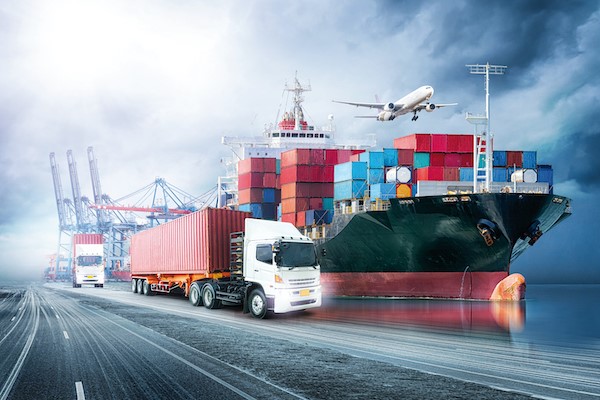Synthetic fuels produced from electricity, or e-fuels, will play an important role in reducing CO2 emissions from long-distance truck transport, aviation and shipping. For long-distance freight transport and shipping, synthetic methanol, diesel and LNG (Liquified Natural Gas) are the most attractive options; for deep sea shipping, synthetic ammonia is also an important option. For aviation, only e-kerosene is feasible. Even though green hydrogen is needed to produce e-fuels, its applicability as a fuel in heavy transport is limited.
This is demonstrated by a recently completed study by VoltaChem, TNO and SmartPort, together with market parties, of over a year, into the most promising e-fuels for heavy transport applications and their deployment.
“The transport sector is responsible for 23% of global CO2 emissions. Almost three-quarters of this comes from road transport. Aviation and shipping account for about 10% of the transport sector’s emissions each. In order to meet the climate goals, these emissions will have to be reduced by 95% by 2050. Shipping, aviation and heavy road transport are currently lagging far behind when it comes to contributing to sustainable mobility. They must therefore become drastically greener and e-fuels offer a way out as long as stakeholders from the entire value chain will take the necessary steps and increase production and investments in the related infrastructure”, says Richard Smokers of TNO, one of the authors of the whitepaper.
Read the full article on the Voltachem website.





